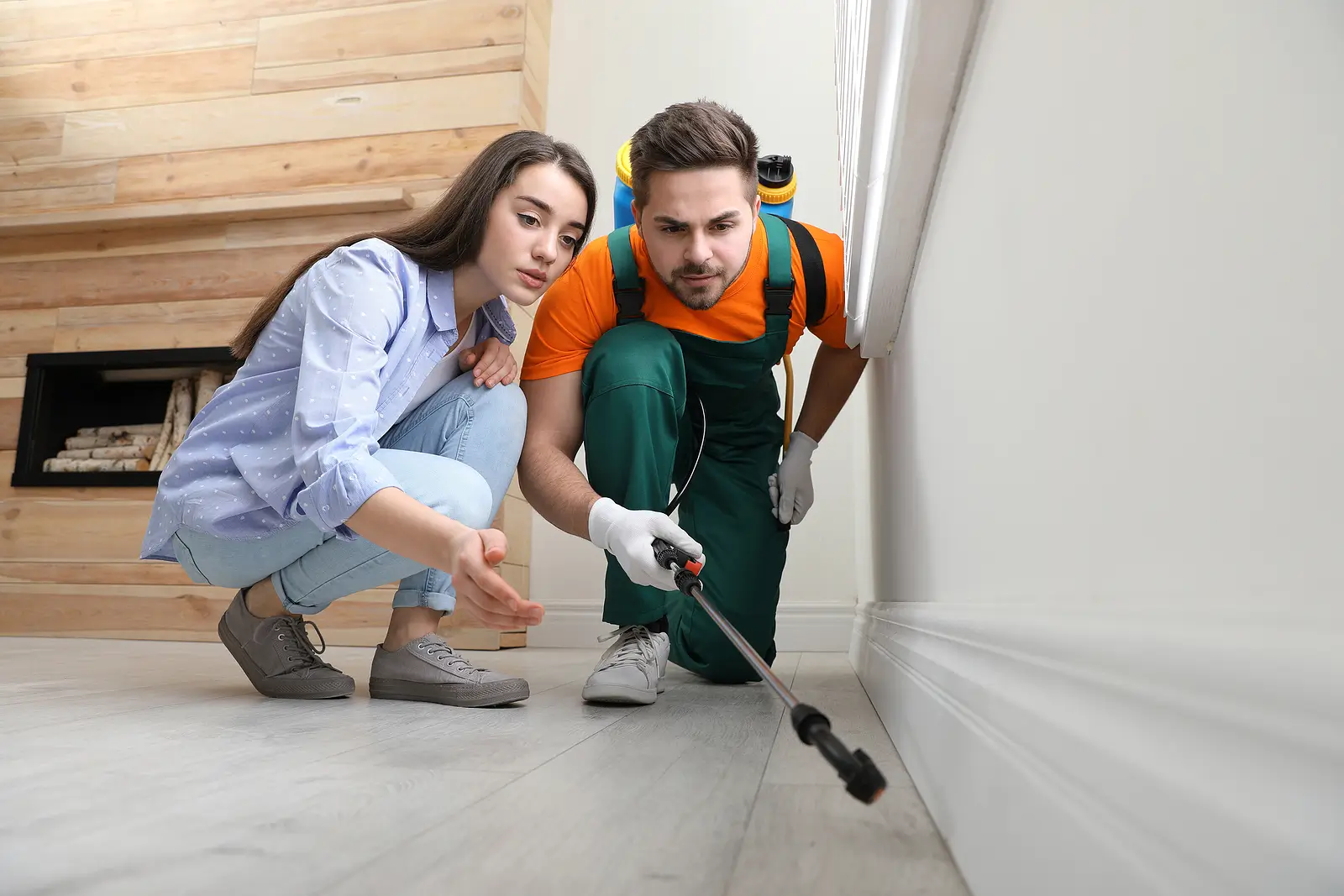Atlanta’s rental market is thriving, but with its warm, humid climate comes an unwelcome challenge: pests.
From ants and cockroaches to rodents and termites, these invaders can wreak havoc on your rental properties if left unchecked.
Seasonal pest control in Atlanta is not just a maintenance task; it’s a critical strategy for protecting your investment, keeping tenants satisfied, and ensuring long-term profitability.
Why Seasonal Pest Control is Essential in Atlanta
Atlanta’s climate creates the perfect environment for pests to thrive year-round. Summer pest control in Atlanta is significant, as pests like ants and cockroaches become more active in the heat.
Infestations can quickly escalate without proactive measures, leading to costly repairs and tenant dissatisfaction. Seasonal pest control benefits landlords by addressing these issues before they spiral out of control.
Landlord Pest Control Responsibilities in Atlanta
As a landlord, you have a legal and ethical obligation to provide a habitable living environment. This includes pest control for rental properties.
Atlanta rental property pest management isn’t just about exterminating pests when they appear, but also preventing them in the first place.
Seasonal Pest Control Tips for Landlords in Atlanta
To prevent pests in Atlanta rental properties, follow these seasonal pest control tips for landlords in Atlanta:
Spring Pest Control Tips
Schedule a thorough inspection: Spring is when pests like ants and termites become more active. During this time, seasonal pest inspections in Atlanta can help identify early signs of infestations.
Seal entry points: As temperatures rise, pests look for ways to enter your property. Inspect and seal cracks, gaps, and openings around windows, doors, and foundations.
Summer Pest Control Tips
Focus on outdoor pest prevention: Summer pest control in Atlanta is crucial as pests like mosquitoes, cockroaches, and ants thrive in the heat. Use perimeter sprays and traps to keep them at bay.
Inspect HVAC systems: Pests often seek cool, damp areas during the summer. Ensure your HVAC system is functioning properly and free of debris that could attract pests.
Fall Pest Control Tips
Prepare for rodent activity: As temperatures drop, rodents seek shelter indoors. Inspect basements, attics, and crawl spaces for signs of activity and set traps if needed.
Clean gutters: Fallen leaves can clog gutters, creating moisture that attracts pests. Regularly clean gutters to prevent this.
Winter Pest Control Tips
Inspect for overwintering pests: Pests like spiders and cockroaches often hide indoors during winter. Conduct a thorough inspection of storage areas and basements.
Seal cracks and crevices: Cold weather drives pests indoors. Ensure all cracks and crevices are sealed to prevent entry..
Why Professional Pest Control Services Matter
DIY solutions can only take you so far. Hiring Atlanta pest control services ensures that your properties receive expert care tailored to the city’s unique pest challenges.
Professional pest control for Atlanta landlords includes advanced treatments, preventative strategies, and peace of mind knowing your properties are in good hands.
Partner with Experts for Stress-Free Pest Control
At Rent Appeal, we understand the challenges of Atlanta rental property pest management. We provide maintenance and repair as well as other services.
Investing in seasonal pest control and partnering with affordable pest control in Atlanta can protect your properties, keep tenants happy, and maximize your returns.
FAQs: Seasonal Pest Control in Atlanta
Q1: How often should landlords schedule pest control in Atlanta rental properties?
A: It’s recommended that seasonal pest inspections in Atlanta be scheduled at least quarterly to address seasonal pest activity and prevent infestations.
Q2: What are the most common pests in Atlanta rental properties?
A: Common pests in Atlanta rentals include ants, cockroaches, rodents, termites, and mosquitoes, especially during the summer months.
Q3: Can tenants be held responsible for pest control in Atlanta?
A: Tenants may be responsible if their actions, such as poor hygiene or improper food storage, directly cause an infestation. Clear lease agreements help define these responsibilities.
Other Resources:
The Hidden Dangers of DIY Legal Contracts
Depreciation Explained: A Landlord's Guide to Rental Property Value in Atlanta


